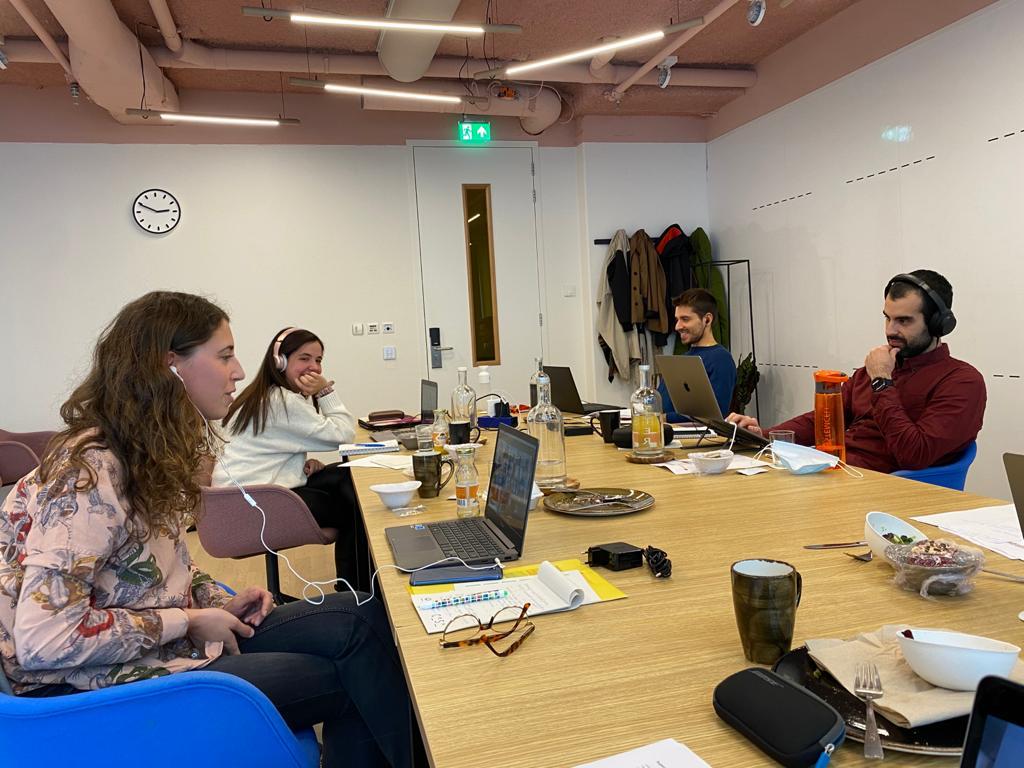
15 Feb When Science Meets Entrepreneurship
The science industry is arguably one of the most competitive industries in the world. Nowadays, scientists are competing to commercialize, patent and fund their research. So, with this in mind, how did we prepare the next generation of researchers to navigate the competitive scientific industry as academic entrepreneurs?
An Insight into Our Training Programme
Four years ago, our Early Stage Researchers (ESRs) joined our consortium with the ambition to become leading scientists in the field of human organoids for virus research. To guide our ESRs to become future leaders in this field, we curated our training program which involved three pillars that build up scientific, human and business skills for applying organoids for virus research. Within our training program, scientific academic skills were translated through peer-reviewed scientific publications, human skills were developed through the unique personal development plan (PDP) and finally, business competences were developed through the OrganoVIR pre-MBA program.
Science Goes Beyond the Lab
At OrganoVIR, we believe that science goes beyond the lab. Although it is undoubtedly important to have scientific skills, our coordinators Dasja Pajkrt and Katja Wolthers believed that it is equally essential for young scientists to develop human skills and entrepreneurial skills.
While the PDP focused on guiding our ESRs to become empathic and compassionate leaders in science, the OrganoVIR pre-MBA prepared our ESRs to work in a commercial setting. Currently, no other scientific training network has implemented a pre-MBA as part of its training program. This provided our ESRs with a unique opportunity to develop their entrepreneurial and business analytics skills during their training.
Through collaboration with the Amsterdam Business School, our ESRs learned how to become future leaders in science while navigating the business side of the science industry. In an Open Letter published in Open Research Europe, we elaborated on the five modules within the pre-MBA program and the importance of having a pre-MBA program in a scientific training network. This article can be accessed through the button below:
read here* this article is currently awaiting peer review on Open Research Europe
